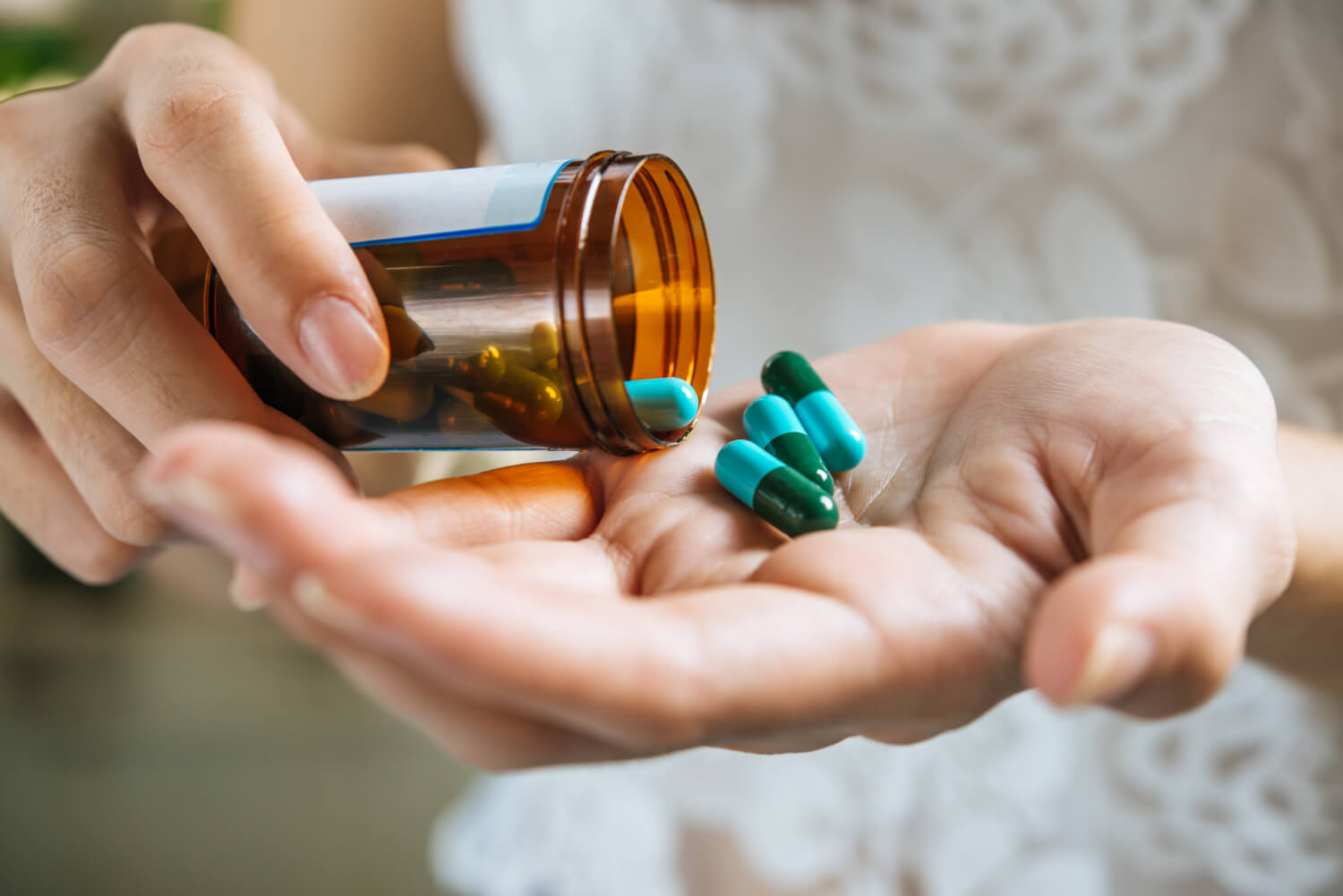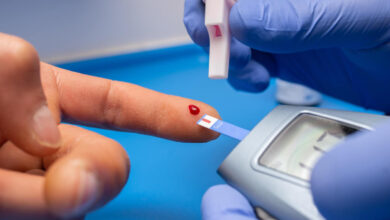
Risks of Self-Medication
The risks associated with self-medication are significant. One major concern is the potential for incorrect dosages. Without professional guidance, individuals may misuse medications, leading to ineffective treatment or adverse side effects. Overuse or incorrect use of medications can cause serious health issues. For instance, taking excessive amounts of pain relievers can damage the liver or kidneys over time.
Self-medication can also result in dangerous drug interactions. Combining different medications or supplements without professional advice can lead to harmful effects. For example, mixing certain OTC medications with prescription drugs can cause severe reactions or reduce the effectiveness of either medication.
Additionally, self-medication can mask symptoms of serious health conditions. The use of OTC medications to alleviate persistent symptoms may delay the diagnosis of a more severe condition, such as cancer or a chronic disease. This delay can result in worsened health outcomes and complicate treatment.
What is Self-Medication?
Self-medication involves using over-the-counter (OTC) medications, obtaining prescription drugs without a prescription, or using alternative remedies to manage health issues independently. This practice is common as many people believe it offers a quick solution to their ailments. Examples include taking pain relievers for chronic pain, using antibiotics without a prescription, or self-treating conditions with herbal supplements.
Unfortunately, self-medication is prevalent in many countries. And its consequences are not always well-understood by the public. People often resort to it due to convenience, perceived safety, or lack of access to healthcare services.

Legal and Safety Issues
Self-medication also presents legal and safety concerns. Many medications, especially prescription drugs, are regulated to ensure safety and effectiveness. In many places, it is illegal to obtain these medications without a valid prescription. Purchasing such drugs without proper authorization can lead to legal issues and compromise your safety.
Furthermore, the risk of encountering counterfeit or substandard drugs is significant when obtaining medications from unregulated sources. These drugs may not only be ineffective but can also cause severe health complications. Counterfeit medications may contain harmful substances or incorrect dosages, further jeopardizing your health.
Case Studies and Real-Life Examples
Several real-life cases illustrate the dangers of self-medication. For example, an individual who self-prescribes antibiotics for a suspected infection may contribute to antibiotic resistance, making future infections more challenging to treat.
Another case involves individuals using OTC pain relievers excessively. Overuse of these medications can lead to severe liver damage or gastrointestinal issues. It’s important to highlight such dangers, emphasizing the need for caution and professional guidance.
These examples underscore the importance of seeking professional medical advice rather than relying on self-medication. Healthcare professionals are trained to diagnose health conditions accurately and recommend appropriate treatments, ensuring better outcomes and reduced risks.
The Role of Healthcare Professionals
Healthcare professionals, including doctors and pharmacists, are essential in managing medications safely. They provide accurate diagnoses, recommend effective treatments, and monitor for potential side effects or interactions. Consulting these experts can help avoid the pitfalls of self-medication and ensure personalized care that addresses your specific health needs.
Healthcare professionals are crucial in preventing the misuse of medications. They can offer valuable insights into proper medication use, potential risks, and alternative treatments if needed.
Best Practices for Safe Medication
To manage medications safely, consider the following best practices:
- Consult Healthcare Professionals: Always seek advice from doctors or pharmacists before starting any new medication or supplement. They can provide personalized recommendations based on your health status.
- Follow Prescriptions Precisely: Adhere to the dosage and instructions provided by your healthcare provider. Misuse or deviation from prescribed directions can lead to complications.
- Avoid Sharing Medications: Medications prescribed for someone else may not be appropriate for your condition and can lead to adverse effects.
- Be Informed: Educate yourself about the medications you are taking, including their potential side effects and interactions. This knowledge helps in making informed health decisions.
Conclusion
Avoiding self-medication is crucial for maintaining your health and safety. By consulting healthcare professionals and following their guidance, you ensure that medications are used appropriately and effectively. This approach not only helps you avoid potential risks but also contributes to better overall health management.
Understanding the dangers of self-medication and taking proactive steps to seek professional advice can make a significant difference in your health outcomes. Prioritize your well-being by following these guidelines and ensuring that your health decisions are informed and safe.






